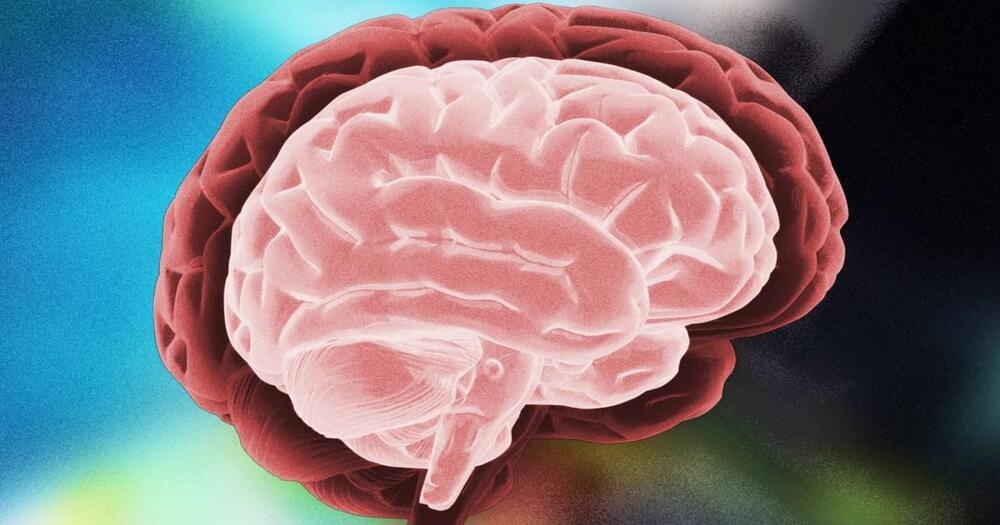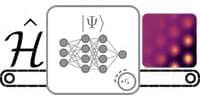How do we deal with information overload and unlock creativity? Build a second brain, explains Tiago Forte.



An overview of hints and expecations about GPT-4 and what the OpenAI CEO recently said about it.


The new image reveals thin tendrils and clumpy clouds associated with hydrogen gas filling the space between the stars. We can see sites where new stars are forming, as well as supernova remnants.
In just this small patch, only about 1 percent of the whole Milky Way, we have discovered more than 20 new possible supernova remnants where only 7 were previously known.
These discoveries were led by PhD student Brianna Ball from Canada’s University of Alberta, working with her supervisor, Roland Kothes of the National Research Council of Canada, who prepared the image. These new discoveries suggest we are close to accounting for the missing remnants.

The approval was granted by the Singapore Food Agency, and means Good Meat is allowed to use synthetic processes to create its products.
Cultured meat is grown from animal cells and is biologically the same as meat that comes from an animal. The process starts with harvesting muscle cells from an animal, then feeding those cells a mixture of nutrients and naturally-occurring growth factors (or, as Good Meat’s process specifies, amino acids, fats, and vitamins) so that they multiply, differentiate, then grow to form muscle tissue, in much the same way muscle grows inside animals’ bodies.
Usually, getting animal cells to duplicate requires serum. One of the more common is fetal bovine serum, which is made from the blood of fetuses extracted from cows during slaughter. It sounds a bit brutal even for the non-squeamish carnivore. Figuring out how to replicate the serum’s effects with synthetic ingredients has been one of the biggest hurdles to making cultured meat viable.


We can frequently find in our daily lives a localized wave structure that maintains its shape upon propagation—picture a smoke ring flying in the air. Similar stable structures have been studied in various research fields and can be found in magnets, nuclear systems, and particle physics. In contrast to a ring of smoke, they can be made resilient to perturbations. This is known in mathematics and physics as topological protection.
A typical example is the nanoscale hurricane-like texture of a magnetic field in magnetic thin films, behaving as particles—that is, not changing their shape—called skyrmions. Similar doughnut-shaped (or toroidal) patterns in 3D space, visualizing complex spatial distributions of various properties of a wave, are called hopfions. Achieving such structures with light waves is very elusive.
Recent studies of structured light revealed strong spatial variations of polarization, phase, and amplitude, which enable the understanding of—and open up opportunities for designing—topologically stable optical structures behaving like particles. Such quasiparticles of light with control of diversified topological properties may have great potential, for example as next-generation information carriers for ultra-large-capacity optical information transfer, as well as in quantum technologies.
https://youtube.com/watch?v=nO-SV4p6Xp0&feature=share
Don´t forget to leave your comments below and to support the channel by liking the video and subscribing. Thanks!
Subscribe To The Tesla Domain ➡ https://bit.ly/2ECNiWk.
WATCH NEXT 👇
✅ US START UP’s GOLD HYDROGEN BREAKTHROUGH WILL DISRUPT THE WHOLE HYDROGEN INDUSTRY!!
https://youtu.be/VaWW19K3i4s.
🔥 RELATED VIDEOS:
✅ This Startup Says Its Lithium Sulfur Batteries Have No Rival!!!

“Although this research field has been very active for more than 20 years, this is the first field-result that experimentally demonstrates lightning guided by lasers,” the researchers wrote in the study. “This work paves the way for new atmospheric applications of ultrashort lasers and represents an important step forward in the development of a laser based lightning protection for airports, launchpads or large infrastructures.”
Lightning emerges when atmospheric static electricity, generated by the friction of ice clumps and rain in stormclouds, separates electrons from atoms. The negatively charged electrons then pool at the stormcloud’s base and attract positive charges from the ground. As electrons steadily accumulate, they begin to overcome the resistance of the air to their flow, ionizing the atmosphere below them as they approach the ground in multiple forking (and invisible) “leader” paths. When the first leader path makes contact with the ground, electrons hop to the earth from the point of contact, discharging from the bottom up in a flash of lightning (called the return stroke) that travels to the top of the cloud.